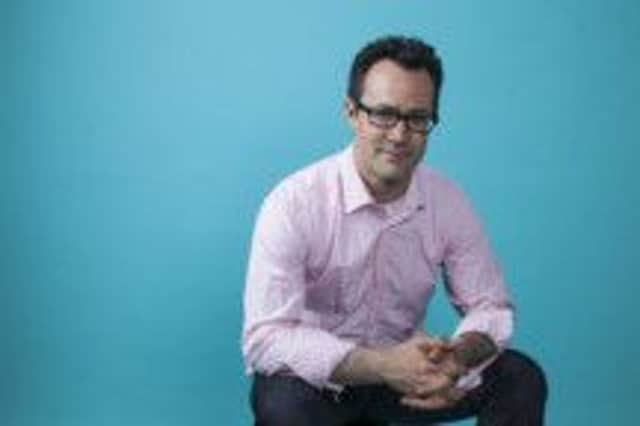Book review: Smarter Than You Think


SMARTER THAN YOU THINK
Clive Thompson
William Collins, 341pp, £20
In the 16th century, some scholars deplored the advent of printing calling it “that horrible mass of books which keeps on growing.”
So it is no surprise that the advent of computers has been blamed for weakening social skills and reducing the frequency of reading and quality of writing. Clive Thompson, however, challenges these assumptions head-on. Every new technology changes our behaviour, he argues, whether we’re talking about newspapers, telegrams, telephone, cameras or computers. Usually, it is change for the better.
Advertisement
Hide AdAs recently as a generation ago, most adults rarely wrote very much. Now, with emails, social websites and blogs, millions more write daily. That is progress, says Thompson, because writing clarifies thinking. Blogging encourages you to give opinions with evidence. Having an audience makes you more careful and more precise. That is good for writing skills. Francis Bacon would agree: “reading maketh a full man, conference a ready man and writing an exact man”.
Quite apart from emails, each day there are 500 million tweets on Twitter and a million blog posts. Facebook adds another 16 billion words every day. In total, 3.6 trillion words are composed daily on the internet, equal to 36 million books. By way of comparison, there are 35 million in the US Library of Congress.
Computers also enable us to make connections, Thompson claims, quoting research that shows that people who write email have better literary abilities and (I find this one hard to swallow) better spelling. The opportunity to check facts and organise data redefines literacy as being more than just reading and writing.
Digital tools make the “previously invisible visible”. Companies we are complaining to and governments who want to withhold information can no longer deny us access to information. Facts can be obtained more easily than before and arguments based on verifiable evidence.
Already, this internet has changed politics, which is why dictators want to close it down in times of tension such as the Arab Spring. As an example, consider the impact of Kenyan blogger Ory Okolloh who publicised government corruption in Kenya. When its elections were suspected of being rigged in 2007, her blog became the clearing house for information and comment on the crisis.
The question remains whether instant access to information makes us lazy or sharpens up our memories. It certainly makes recall more accurate. Using computers in classrooms enables pupils to work at their own speed rather than have to keep up with the teacher’s pace targeted at the middle learners. Thomson describes remarkable projects in the United States and in New Zealand, where learning has been enhanced by access to computers, not least in mathematics, that shadow over many children’s learning.
Advertisement
Hide AdIn the same way, however, as the computer needs a human being to manage it, pupils need teachers to manage and guide what they do. Speed of recall is the key to informed debate and the computer is best at accurate recall. We remember general knowledge; the computer gives precise knowledge.
Not everything about the internet is positive. All too easily, social media can take over our lives. Many businesses now advise their employees to take “digital Sabbaths” to avoid the danger of being controlled by the iPad or mobile phone.
Advertisement
Hide AdBut social networking sites even have an answer to that. When your friends tell you such banal facts as that they are going for a bath or feeling unwell, says Thompson, what they are really doling is providing “ambient awareness”, which is a way of developing communication skills. The argument is that we all think better if we have an audience. “Follow someone’s ambient signals for a day and it seems like trivia. In a week it seems like a short story. In six months, a novel.”
Thompson has started an important debate in this lively and accessible book. His subtitle could have ‘Discuss’ as a fascinating subject for an exam question. Answered online, of course.